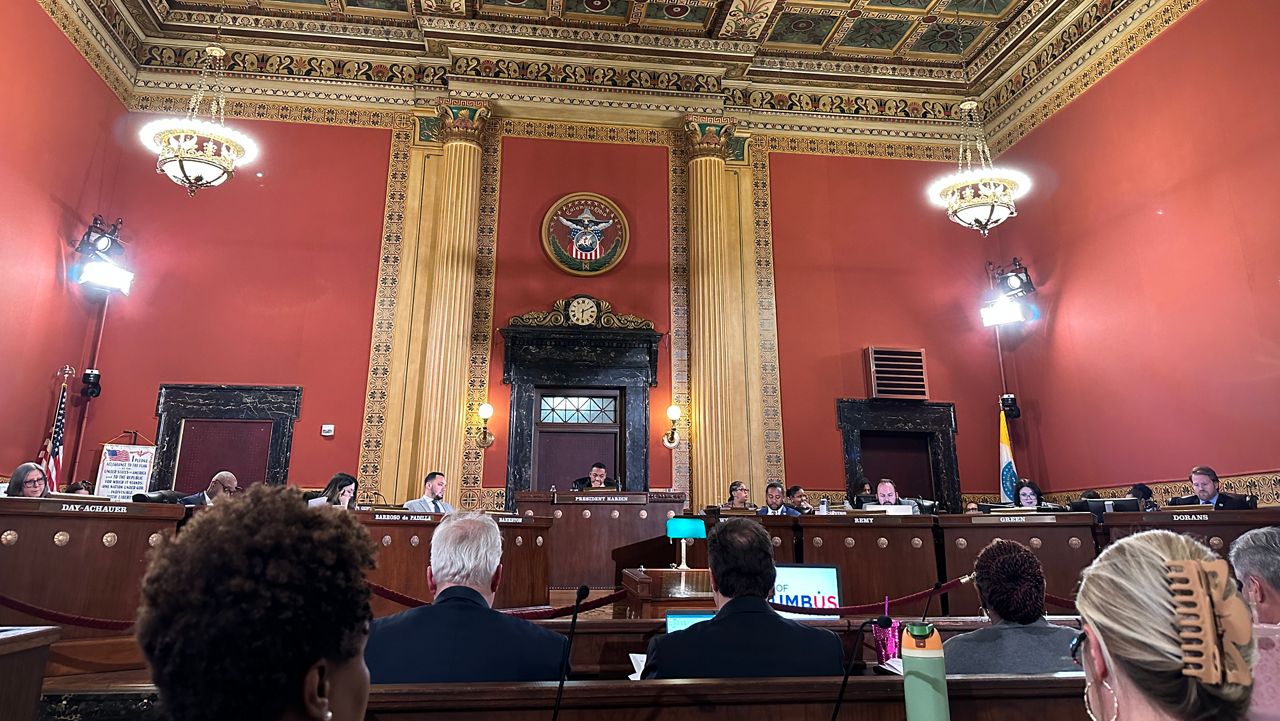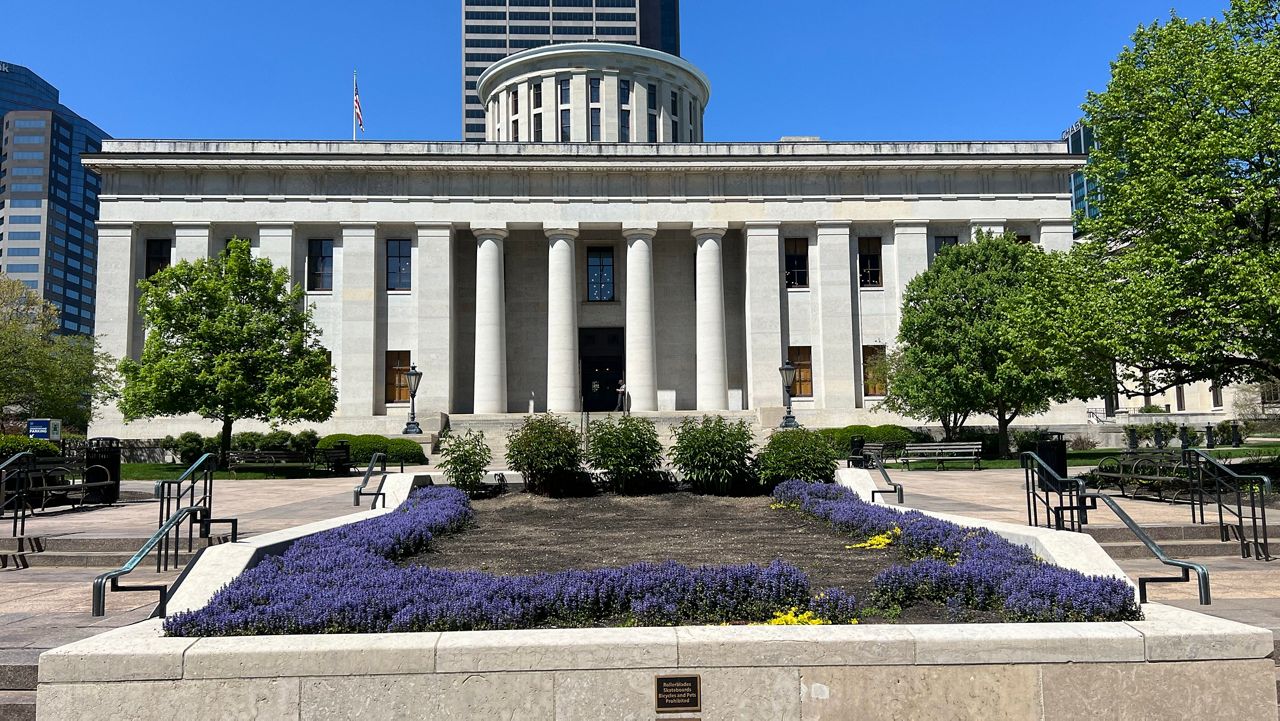COLUMBUS, Ohio — The Buckeye Institute recently published the 2025 Piglet Book, and according to its author, Greg Lawson, who’s a research fellow of the institute, some government cuts could save Ohio taxpayers $9 billion.
Two of the cuts that would help with the savings are Medicaid and K-12, according to Lawson’s book, but they would require policy changes to prevent their increasing rates.
But Bailey Williams, tax expert from Policy Matters Ohio, said something’s got to give when it comes to government cuts and that often comes from vulnerable communities.
The Piglet Book’s approach, Lawsons saaid, starts by looking at the state’s budget.
“Are we spending too much?” Lawson said. “What’s the growth of the budget and what does that mean for all the other policies that we think are as important for making Ohio both a free and a prosperous state.”
In other words, the book proposes some government cuts.
But this research started a few years ago with another organization. Lawson said that was from Washington and focused on locating government waste.
Lawson’s Piglet said one way to save money is to cap all funds, and one of those is Medicaid. If it’s capped to 3.5%, Lawson said it would save Ohioans $6.7 billion.
“The Medicaid budget is growing multiple times faster than the rate of inflation,” Lawson said. “Which means that it is basically not just keeping up and is able to continue to spend what it’s supposed to spend, but it is far exceeding that.”
But tax policy researcher Williams said it’s important to look at the context of this growth and Medicaid spending.
Lawson’s report shows that the pandemic was the reason of that large growth since 2018, as well as an increase in federal spending toward the program. Williams said it is why Ohio can spend more on it as a state.
Capping Medicaid may not be the way to go, Williams said, because this would mean rolling back spending on the program hence kicking people off their health care.
“So, we’re kicking off — we’re kicking those who are most vulnerable and have the most harm. That’s who we’re choosing to kick off their health care, to balance our budget with this,” Williams said. “The increase in spending, while might be eye-popping, I think it shows the underlying issue here that there is an unmet need of several Ohioans going without quality health care, and we can’t just simply kick them off of it to just balance our budget.”
Williams said he may be somewhat on board with ending corporate welfare from Lawson’s research.
If the state closes tax loopholes, it would save people $2.25 billion, according to Piglet Book.
There are things like eligible production tax credits that’s just sales tax credits for film productions that Williams said he would agree with cutting them.
“There are some points in this report that we agree on,” Williams said. “On the tax expenditure side, we might be viewing it from a different angle, I think Buckeye would come at it as, ‘let’s close these tax loopholes so then we can do an income tax cut.' Policy Matters doesn’t belive in that. We hope that we close these tax loopholes to make taxes more fair.”
Lawson said closing tax loopholes is a big one.
The approach from the Buckeye Institute is to have taxes on many things while keeping it low, Lawson said.
If the government taxes fewer things, Lawson said that’s when people would see higher tax rates.
“They take people out of the tax base but leave other people in. We want taxes that are broad, based and low,” Lawson said. “We see a lot of spending that is direct spending on individual businesses that can come to the state and ask for a special kind of handout, a special grant and things of that nature, and we think that is not necessary. We think that is not the role of government."
Williams said spending some government money can be a good thing.
When the government is spending taxpayer dollars, Williams said it’s investing some of those into the communities, into schools, parks and whatever the need may be.
But Policy Matters rails against handouts to wealthy LLC owners, Williams said.
“But of course, we don’t want to be wasteful with it and closing some of these tax expenditure loopholes with just spending through the tax code, essentially closing some of those would make our tax system more equitable,” Williams said. “Closing those loopholes and funneling that money in towards something more beneficial for Ohio, whether that be the fair school funding plan or property tax relief, that is a lot better use of — I’ll use Greg Lawson’s number here — this $1.8 billion income tax credit using that for something like fair schools, a lot better use of our taxpayer dollars."
Another way to save money in Piglet’s Book is by ending government philanthropy and advocacy. It would save an estimated $65 million for Ohioans.
One of the examples Lawson’s mentions is by cutting funding in the arts council.
“We have no problem with grants going to artists we have no problem at all with that,” Lawson said. “Art is an extraordinarily important thing, but there’s an awful lot of philanthropy in the private sector.”
But Williams said in many instances, philanthropy government may be necessary to reach more people in need.
“Governments are not able to discriminate based off the 14th Amendment,” Williams said. “So, the government has, or philanthropy doesn’t cover as many people. It doesn’t cover all those people as much as the government does.”
While this research is an overreach, Lawson said, and usually lawmakers may take some of the recommendations, it doesn’t mean policy makers will follow all of those cuts.
Lawson said he hopes to see civic society to step up even more and help people in need because he’s seen the affluence that already exists in the private sector.
“I think it’s very helpful to make sure that people aren’t assuming that government is going to fix things when there’s all these other organizations that are actually far more better positioned in many cases to help,” Lawson said.







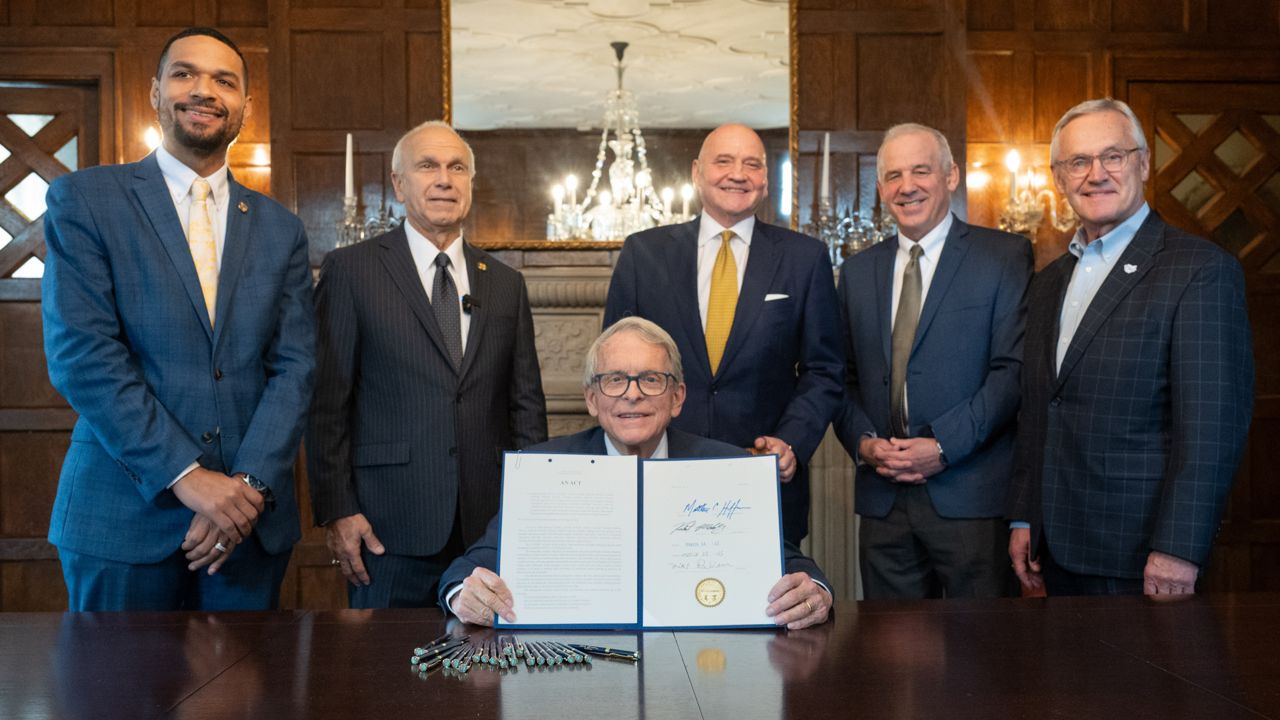
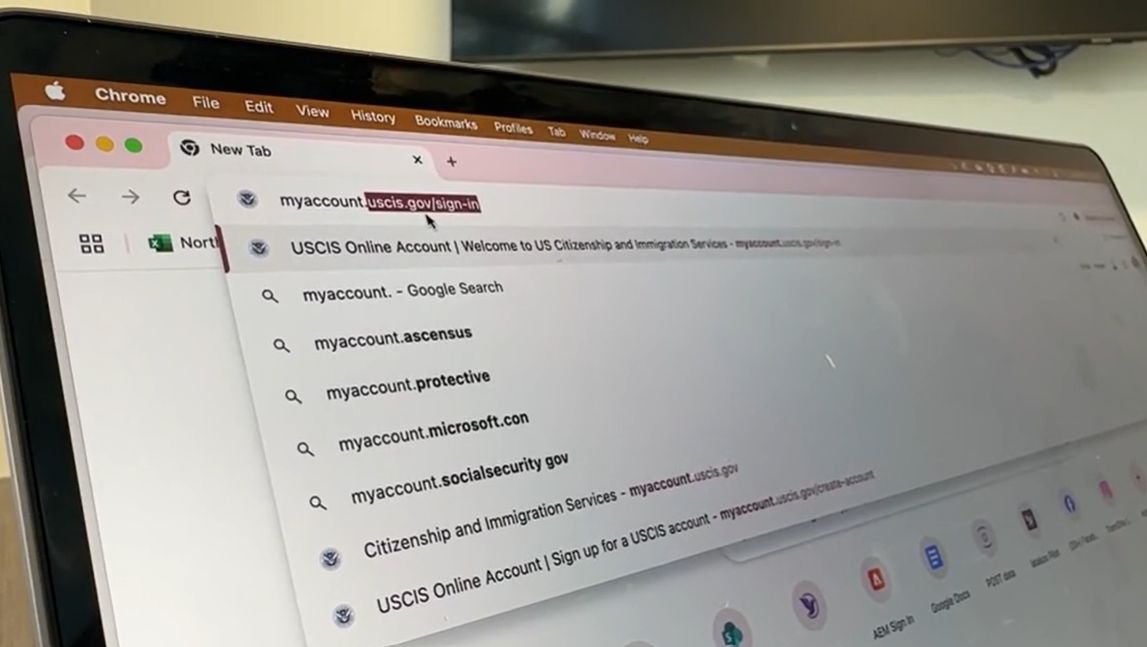
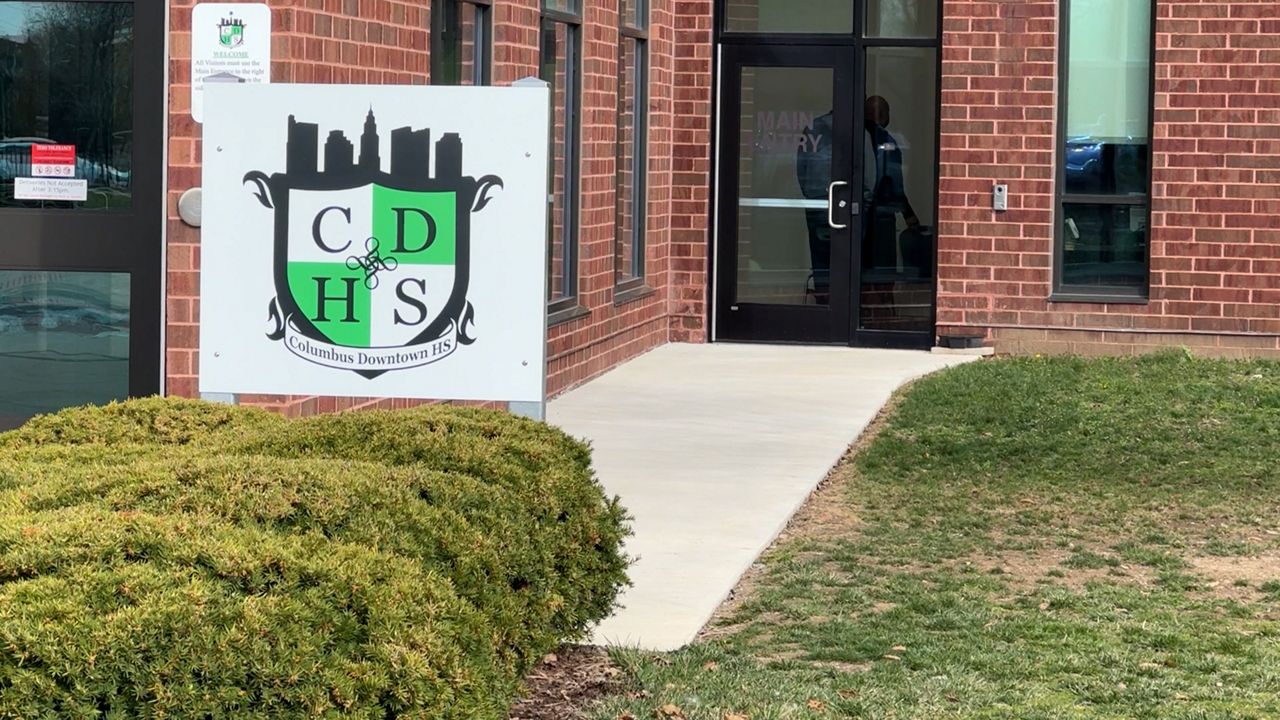
)
